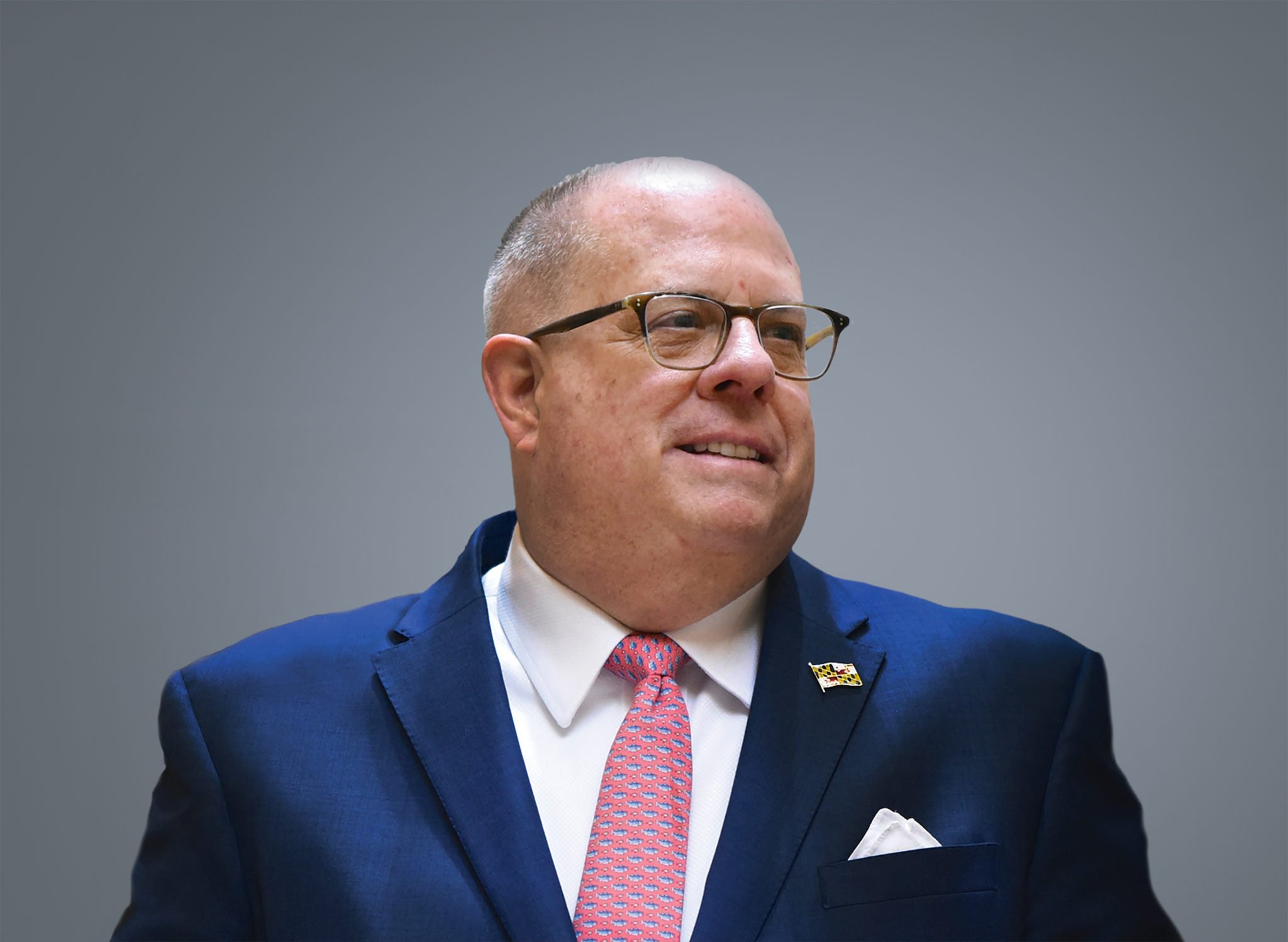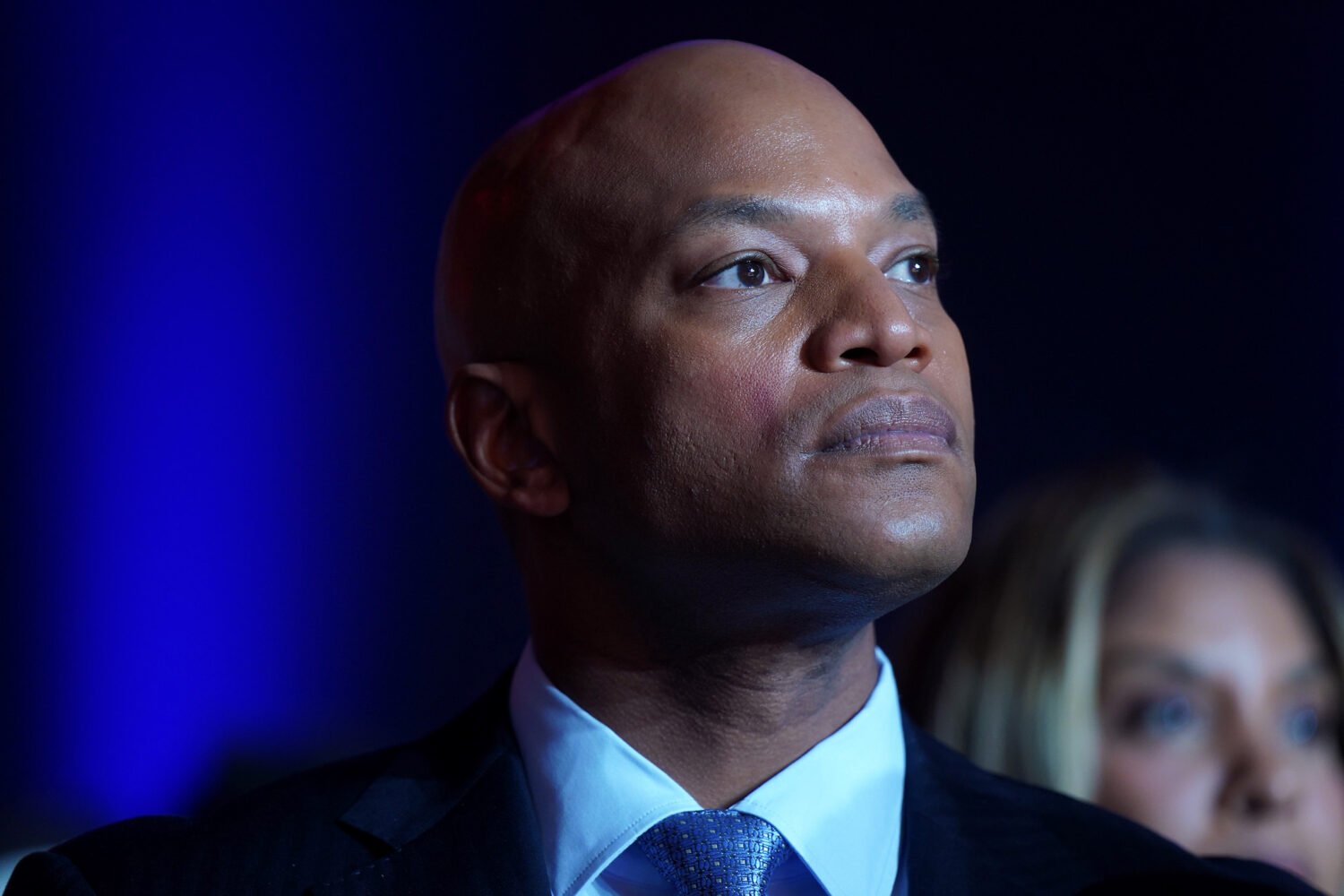About Coronavirus 2020
Washingtonian is keeping you up to date on the coronavirus around DC.
As chair of the National Governors Association, Maryland Governor Larry Hogan has had to address the coronavirus pandemic in his own state while helping coordinate a national response with the country’s other governors. We talked to him about how he’s dealing with the pressure.
What does your new schedule look like? Are you getting any sleep?
It’s like nothing I’ve ever seen before. I mean, no one’s had to deal with an unprecedented worldwide pandemic, so for 21 straight days we’ve been working nearly around the clock. [The situation’s] rapidly escalated, and it’s been from morning until night, to the wee hours of the morning. [I’m getting] very little sleep, a couple hours a night. Even if I’m home and get into bed, it’s hard to get to sleep because my mind is racing thinking about all the things we have to do the next day and about all the major decisions we have to make that are going to impact people’s lives. It’s meeting after meeting after meeting. Each day seems like a month’s worth of work. I’ll say something to my team like, “Remember last week when this happened?” And they’ll say, “Sir, that was yesterday.” It’s hard to fathom; it’s like drinking from a firehose.
You have kids and grandkids. Have you seen them at all?
I haven’t been able to see them. I’ve been FaceTiming with my grandkids. They’re seeing me on national television, and apparently the two-year-old is pointing at the screen and saying, “Papa! Papa!” We’re trying to stay in touch with our kids, but the schedule is crazy. I’m leading the battle here in Maryland, and I’m worried about the more than 6 million people in the state. We’re trying to fight to save the lives of thousands of Marylanders and to keep hundreds of thousands of people from getting sick. But at the same time, I’ve got a family like everybody else. I’m worried about my kids and grandkids just like every other parent or grandparent out there.
Has there been a particularly scary moment for you?
Every day is scary. You think, “Oh my gosh, we never could have imagined this could have happened,” and then the next day it gets to a different level. I’m trying to be the one who is being honest with people and communicating and being transparent, but also letting them know how serious it is while keeping them calm.
We watched this happening in China and Italy. When did you realize that this was going to be a serious issue here?
Probably a lot earlier than most people. The first week in February, we had the National Governor’s Association winter meeting in Washington, and I brought in Anthony Fauci and four other top leaders from the federal administration to address all the nation’s governors. I came back to my office the next day and completely ramped up our operation. There’s not one specific time I realized this was going to be a crisis; it was just a ramping up of, “This is something that’s going to be really bad.” It’s hard to imagine how fast this happens. I was talking [and planning] with New York’s Governor Cuomo just three weeks ago, and he didn’t have a single case, and neither did I.
How are you coping with all of this mentally and emotionally?
I lean on my family and my great team. I’ve been through some crises before. Ninety days after I became governor, we had the riots break out in Baltimore. I had to take over that crisis and call up the National Guard and bring peace and calm back to the city. Then 60 days later, I had a personal crisis with advanced cancer, and I went through 18 months of chemotherapy. So it’s not the first time I’ve faced adversity. I just have a faith that we’re going to come out of it okay. But I feel an obligation to keep fighting every moment of every day, as long as I can keep staying awake.
This situation has really highlighted the importance of local governments. What has it been like to be thrust into this national position?
It’s not something we decided, like, “Hey, let’s just make the governors in charge.” Each of us simply had to step up. The governors really are leading, and I’m proud of my colleagues all across the country. Democrats and Republicans are all coming together, and we’ve been supporting one another and having these all-governor calls. We’re all Americans. We’re all in this together on the same team. My colleagues elected me as the chairman of the National Governors Association. It’s been a tremendous amount of pressure and a lot of additional work, but it’s an honor to lead this group.
This interview has been edited and condensed.




















